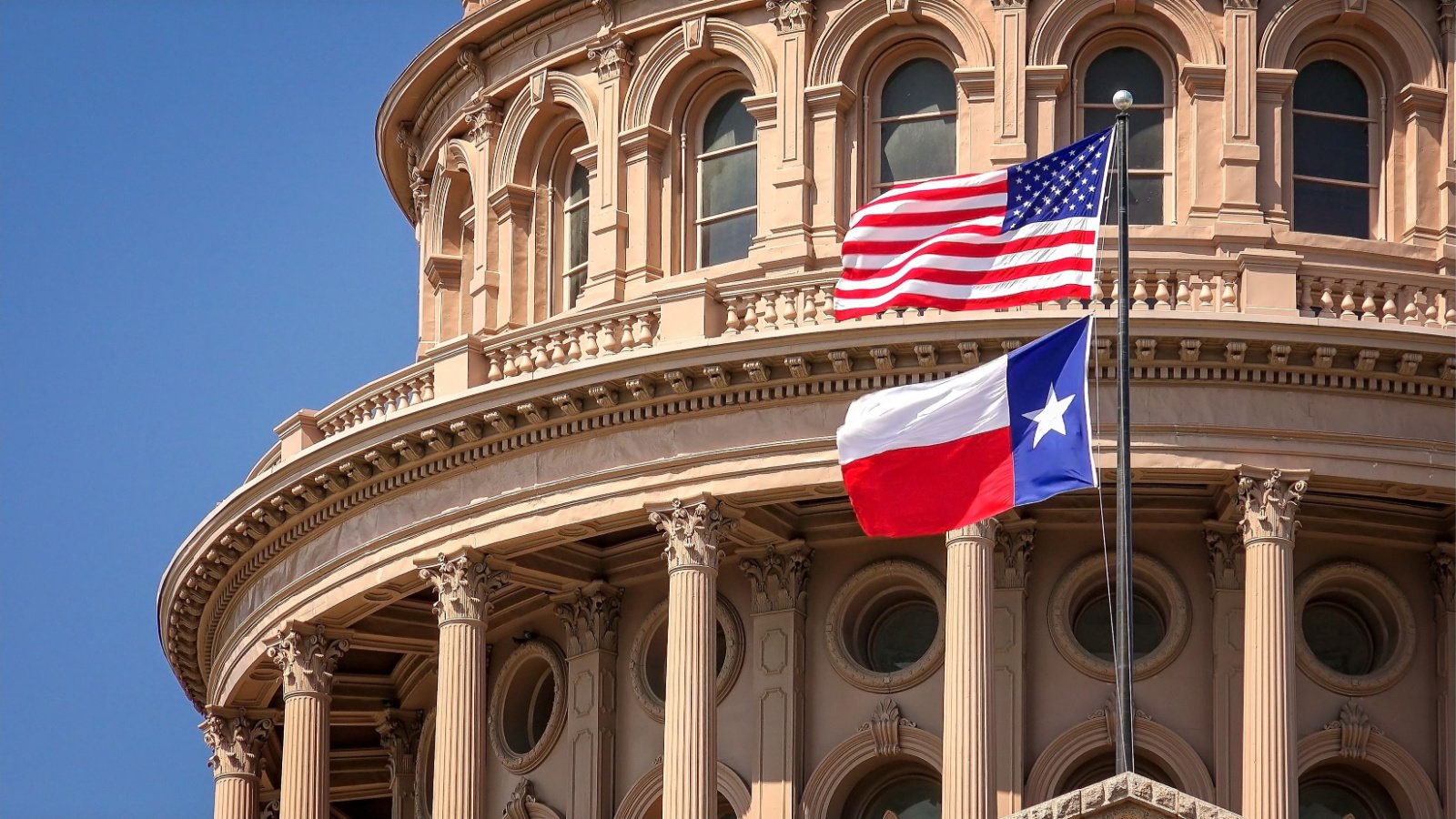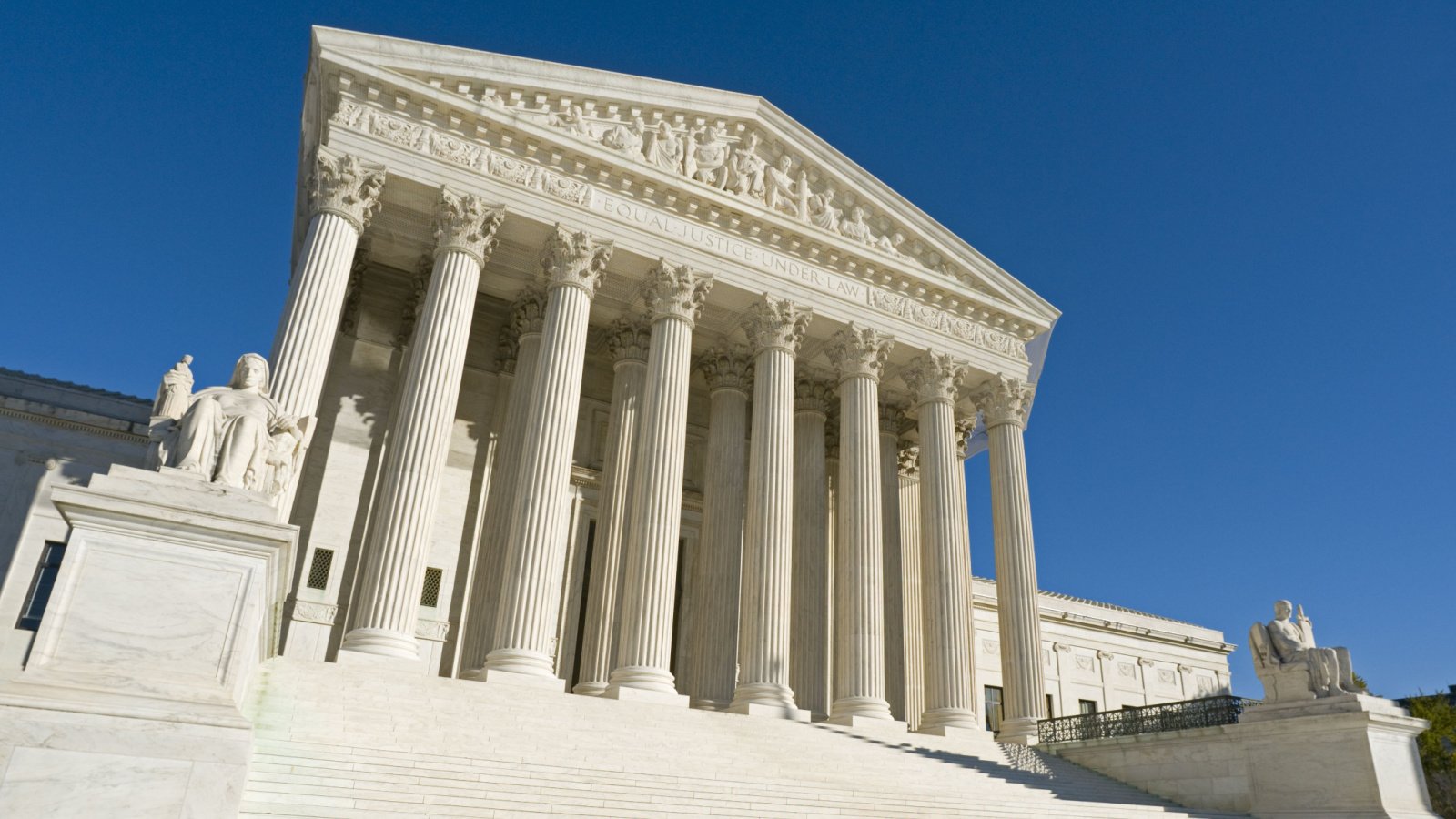A fresh poll from Newsweek unveils a startling fact: nearly a third of Americans might just cheer on Texas as it waves goodbye to the United States, aiming for a solo flight as an independent republic. This intriguing discovery was made by Redfield & Wilton Strategies, which surveyed 1,500 eligible voters across the nation, ensuring every voice had the chance to weigh in on this divisive topic.
Polling the Pulse

The study, carried out with precision online on the 18th and 19th of February, offers a glimpse into the nation’s heart with a modest margin of error of 2.5 percent. It’s a snapshot of opinion, capturing a moment in time where the future of Texas is debated in living rooms and online forums alike.
Divided We Stand?

Digging into the numbers, the survey reveals a nation split at its seams: 13% are firmly in the camp of Texas taking its leave, while another 14% nod in agreement, albeit less vigorously. This juxtaposition of support and opposition paints a complex picture of American sentiment, where the idea of secession is both tantalizing and taboo.
A Range of Reactions

On the flip side, a solid chunk of the populace stands firmly against the notion, with 22% giving it a hard no, and another 14% leaning towards disapproval. Yet, a significant portion, 24%, perches on the fence, neither here nor there, with 13% lost in the sea of uncertainty, shrugging off the question with a “don’t know.”
Texan Tendencies

When the lens zooms in on Texas itself, the picture shifts: 23% of Texans, surveyed separately, would tick the box for independence in a make-believe referendum. However, a whopping 67% would rather stick with the status quo, preferring the familiarity of the Union, leaving 10% scratching their heads in indecision.
Stirring the Pot

The catalyst behind this polling frenzy? A bubbling cauldron of disputes between Texas’s leadership and the federal powers-that-be, reigniting age-old debates about the feasibility and fervor for Texan independence. It’s a saga of state vs. nation, where the lines of unity and division blur in the sand.
High Court Controversy

The Supreme Court’s January 22 decision, which permits federal agents to remove razor-wire barriers at the Texas-Mexico boundary, sparked outrage from Texas Governor Greg Abbott. He fiercely defended Texas’s “constitutional authority to safeguard its borders,” labeling the situation an “invasion.”
Texas’s Bold Response

In the wake of this judicial verdict, the Texas Nationalist Movement, a vocal advocate for the state’s autonomy, rallied behind Governor Abbott. They urged him to call a special legislative session to deliberate on the potential for Texas to forge its own path as a sovereign state.
Beyond Texas: National Sentiments

Interestingly, the idea of states bidding adieu to the Union isn’t confined to Texas. The same survey uncovered that 27% of Americans wouldn’t mind if California took its leave, though 37% were against the notion. However, the appetite for independence wanes for states like Mississippi and New Hampshire, with only 22% and 19% support, respectively.
Secession: A Right or a Rebellion?

The survey also sheds light on a prevailing belief among Americans: if a state’s voters are overwhelmingly in favor, then perhaps it should be allowed to secede. This principle suggests a deep-rooted value of self-determination within the American ethos.
The Gravity of Texan Independence

Matt Qvortrup, a political scientist and author, underscores the importance of the Texas independence movement. He argues that although support might seem modest now, the winds of change have historically propelled similar movements closer to their separatist goals.
Texit: A Real Possibility?

Drawing parallels with Brexit, Qvortrup introduces “Texit” as a conceivable reality, referencing Catalonia, Quebec, and Scotland where initial lukewarm support for independence eventually surged. This comparison hints at a potential future where Texas’s independence is not just a whim but a tangible possibility.
Migration: A Catalyst for Independence?

The survey also indicates a significant impact of the migrant crisis on Texan sentiments, with 44% of respondents feeling more inclined towards independence due to the crisis. This suggests that current events are shaping Texan perspectives on sovereignty and self-governance, marking a pivotal moment in the state’s relationship with the Union.









好文!2026年世界杯越来越近了,让我们共同期待这场全球足球盛宴。日期:2025-11-12 09:40:28 (-03)。
好文!2026年世界杯越来越近了,让我们共同期待这场全球足球盛宴。日期:2025-11-15 08:35:47 (-03)。
Du zockst im Online-Casino auch so lange anonym kostenlose Spiele,
wie Du es für richtig hältst. Diese Spiele schützen dabei aber Dein Geld, denn kostenlose Spiele kosten natürlich nichts.
Nutze die Gratis-Spiele und genieße kostenlose Casino-Spiele, solange Du Lust am Spielen hast.
Hier im Gratis-Online-Casino gibt es Freispiele für alle Slots, die aktuell zur Verfügung stehen. Wenn die Rollen anhalten und die Symbole in einer bestimmten Reihenfolge erscheinen, gewinnt
der Spieler im Glücksspiele-Casino Geld oder Sachpreise. Wie erwähnt, können Slots in niedergelassenen Casinos und in Form von Video-Slots auch online gespielt
werden.
Bei den Innenwetten werden die Einsätze direkt auf die Zahlen platziert (zum Beispiele eine
einzelne Zahl, zwei benachbarte Zahlen, vier benachbarte Zahlen usw..).
Da es ziemlich kostspielig ist, diese Spiele zu betreiben, da diese einen Croupier benötigen, können die Live Dealer Roulette Spiele nur im
Echtgeld-Modus gespielt werden. Nein, leider kann ein Live
Dealer im Allgemeinen nicht kostenlos gespielt werden. Wählen Sie einfach ein betreffendes Spiel aus unserer Auswahl derkostenlosen Roulette-Spiele aus, klicken Sie auf das gewählte Spiel und schon werden Sie Ihren ersten Einsatz tätigen können. Wenn Sie sich nicht
nur auf Roulette beschränken möchten, können Sie auf den folgenden Link klicken, der Ihnen unsere gesamte Auswahl an kostenlosen Spielen anzeigen wird.
References:
https://online-spielhallen.de/smokace-casino-bonus-codes-ihr-weg-zu-mehr-spielspas/
A truly unique experience for your next event. Professional dealers and
casino quality chips it’s just like the real thing without the risk!
Our fresh, seasonal buffet offering is recreated daily. Locals breakfast
offer not available on public and school holidays or in December.
Players can use their Vantage Dollars across the
resort for a variety of services, making this a valuable promotion. The
Ville Casino Townsville offers customer support through multiple channels, including phone,
email, and on-site assistance. In Keno, players select numbers and then wait as the casino
draws random numbers to determine the winners.
References:
https://blackcoin.co/golden-crown-casino-australia-in-depth-review/
paypal casinos
References:
https://wsurl.link
paypal casino uk
References:
cyltalentohumano.com
Awesome post! Join the fun at https://ws-wem-whatsapp.com WhatsApp Web enhances communication for remote workers. . Date: 2026-01-07 00:17:14 (-03).
Awesome post! Join the fun at https://www.web-asi-whatsweb.com WhatsApp 网页版的在线状态显示功能,提高信息传播效率。 . Date: 2026-01-07 08:19:17 (-03).
Awesome post! Join the fun at https://ws-wem-whatsapp.com WhatsApp Web syncs with your phone for real-time communication. . Date: 2026-01-07 12:18:23 (-03).
Awesome post! Join the fun at https://www.web-asi-whatsweb.com WhatsApp 網頁版支持多個終端同時登錄,讓您自由切換使用設備。 . Date: 2026-01-08 07:56:57 (-03).